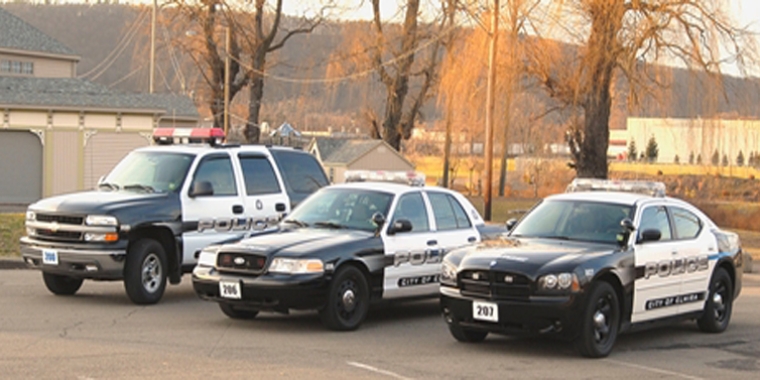
O’Mara says regional police training academies will receive new, state-funded 'reality-based training' equipment to enhance safety and effectiveness
December 6, 2016
-
ISSUE:
- police safety

Elmira, N.Y., December 6—State Senator Tom O’Mara (R,C,I-Big Flats) today said that several regional police training academies are among 33 police agencies throughout New York being awarded state-funded “reality-based training” equipment to enhance training for current officers and recruits.
The announcement was made in Albany today by Governor Andrew Cuomo. O’Mara said that the state is investing approximately $322,000 to purchase the new equipment which is aimed at strengthening the safety of interactions between police officers and civilians.
O’Mara said, “The safety of our police officers and the community at large is a fundamental responsibility and a top priority. The availability of this new training method regionally and across New York State is a welcome addition to the effectiveness and safety of law enforcement.”
Yates County Sheriff Ronald Spike, Chair of the Municipal Police Training Council, said, "Reality-based training is critical. In addition to teaching recruits the skills they need for their new career, it provides current officers the opportunity to review prior training and make adjustments to what they have learned in the past to improve their response and reactions. Police officers must make split-second, often life-and-death decisions. This training will better prepare officers for those situations and enhance their safety and allow them to better protect those they serve."
O’Mara said that the following regional law enforcement training agencies will receive the new equipment: Elmira Regional Public Safety Training Center; Finger Lakes Law Enforcement Agency; and Southern Tier Law Enforcement Academy. Police academies like these train an estimated 1,000 recruits annually while annually providing thousands of current officers with in-service training sessions.
According to today’s announcement, reality-based training allows officers to engage in scenarios they could encounter while on patrol, from routine stops to high-risk situations with the potential for deadly violence. Training instructors work with officers to assess and evaluate their performance with the goal of improving decision-making skills, reactions and responses. The hands-on training – designed to recreate the stress experienced by officers during those interactions – requires specialized equipment: non-lethal firearms that act and feel like those carried by officers on duty and protective gear, including helmets and chest protectors. The state Division of Criminal Justice Services purchased and distributed the equipment: 269 non-lethal training firearms and appropriate ammunition and 476 full sets of protective gear, which include helmets with facemasks, neck guards, chest and groin protectors and gloves for officers.
Share this Article or Press Release
Newsroom
Go to Newsroom


